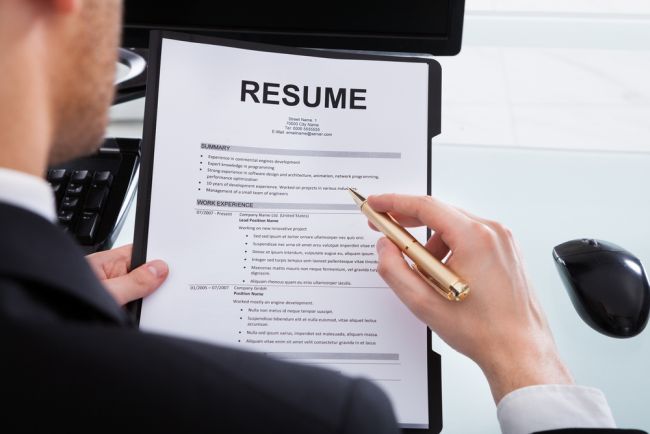
In response to the growing prevalence of generative artificial intelligence platforms, law schools are revamping academic integrity policies. Educators are collaborating to integrate this emerging technology into their classrooms seamlessly.
The Rise of Generative AI Platforms
Commencing this spring semester, second- and third-year law students will gain access to Lexis+ AI, a generative AI platform, marking a significant development just over a year after the introduction of the ChatGPT chatbot by OpenAI.
Evolving Policies in Law Schools
As these AI platforms become more accessible and evolve, law schools are formulating initial policies that allow professors flexibility to tailor rules to suit their classes’ pedagogical needs.
Want to know if you’re earning what you deserve? Find out with LawCrossing’s salary surveys.
University of California at Berkeley School of Law
The policy at the University of California at Berkeley School of Law permits using generative AI for specific tasks, such as utilizing it as a search engine or for grammatical corrections. However, it explicitly prohibits its use in exams or in ways that could be deemed plagiaristic, with room for instructors to establish additional policies.
Northwestern University Pritzker School of Law
Contrastingly, the policy at the Northwestern University Pritzker School of Law takes a broader stance, prohibiting students from using generative AI to create any materials submitted to instructors. However, instructors have the authority to permit generative AI to an extent they deem appropriate.
Addressing Policy Ambiguities
Daniel W. Linna Jr., a senior lecturer and the director of law and technology initiatives at the Northwestern University Pritzker School of Law, emphasizes the need for clear definitions in these policies. He suggests that generic prohibitions on the use of generative AI may lead to unintended breaches as these technologies are inherently embedded in various tools.
Innovative Approaches in Coursework
Some law schools are adopting more tailored approaches to generative AI policies. For instance, the Suffolk University Law School requires students to certify within two hours of completing take-home exams that they haven’t used AI except for spelling and grammatical corrections.
Faculty Collaboration
Recognizing the evolving landscape of AI in legal education, educators are coming together to exchange ideas and notes on integrating generative AI into coursework. Daniel W. Linna Jr. and April Dawson created an AI and law-related course list on a dedicated website for instructors. Faculty members from 104 law schools in the United States and several international institutions have joined this initiative.
Additionally, a Google group, facilitated by Linna and Dawson, has been established to discuss the ongoing development of AI in coursework. Stanford University’s CyberProf email list also serves as a platform for educators to address questions about advancing AI in legal education.
In conclusion, the rapid evolution of generative AI platforms is reshaping the landscape of legal education, prompting law schools and educators to adapt their policies and teaching methods to stay abreast of these technological advancements.
Don’t be a silent ninja! Let us know your thoughts in the comment section below.
















































